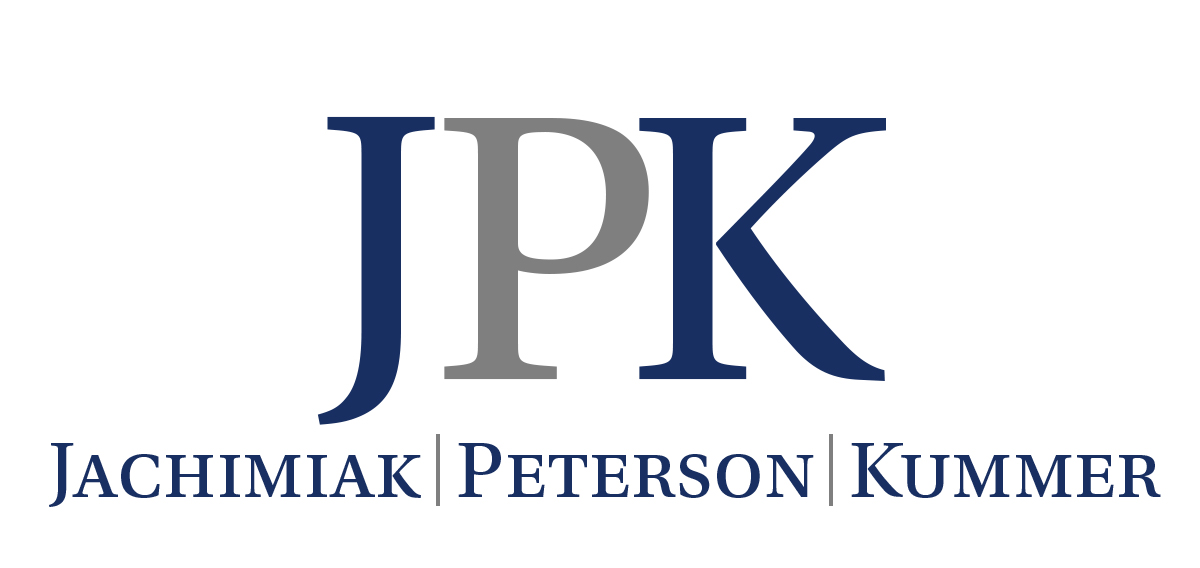In this series, we will examine key lease issues, provisions, and rules of thumb that can protect your business during both successful and struggling times. Always remember, all terms and conditions are negotiable. While there is a general framework and structure to lease agreements, there is great variation in each lease and nothing is set in stone.
Operation Expenses
Most restaurant leases are triple-net (NNN) which means the tenant, not the landlord, is responsible for the payment of property taxes, building insurance and common area maintenance. Common area maintenance can become a profit center for a landlord. You need to ensure that you are able to audit and inspect the details of the common area maintenance expenses. Furthermore, your lease must require written documentation of the expenses charged to the landlord for these expenses.
Obligations of Landlord/Tenant for Maintenance and Repair
Generally, the landlord owns and pays for the structural components of the building, such as walls, roof, floor, exterior walls, parking lot and landscaping. Tenant normally pays for all leasehold improvements including interior walls, floor and wall finishes, and exterior signage. Plumbing and electrical systems within the space are generally the responsibility of the tenant, but building-wide systems are the responsibility of the landlord. Responsibility for systems such as HVAC, water, sewer, and gas lines needs to be defined in the lease. You must ensure that each and every possible building component is addressed in the lease as to maintenance and repair responsibilities. Leaving items open to interpretation or identifying things simply by structure or system leaves you open to litigation.
Condition of Premises/Tenant Improvements
You are entitled to a detailed inspection by a construction professional as part of your due diligence. You need to ensure that any issues are addressed in the lease and corrected prior to your move-in. Also, you need to consider the current size and capacity of the HVAC and electrical systems and whether there need to be modifications of fire sprinklers or ADA accessibility.
Depending on the market, you may be able to negotiate a building allowance. Sometimes the landlord requires you to contract with a landlord-affiliated contractor. Despite this relationship, you need to insist on a separate construction contract to protect your business for overcharges.
Types of Rent Payment
Depending on the market, you may be able to negotiate a period of free rent during construction or your initial occupancy. Some landlords may want to partake in the upside potential of your success and seek a percentage of gross sales after a certain sales level. Agreeing to such an arrangement only complicates your relationship with your landlord and often leads to the landlord accusing the tenant of misrepresenting sales or disputes over gross sales calculations. If possible, stick to a base rent arrangement.
Exclusive Use
You do not want to see your sales and profits cannibalized by a similar concept. Protect your market from more competition by negotiating a provision to restrict similar restaurant concepts. Requesting an exclusive use clause prohibiting any other restaurant use in a building or development is probably unattainable and unnecessary. You should identify the key components of your business and protect that core business.
Contingency/Assignment/Sublease
You may be able to negotiate a contingency provision that allows you to cancel a lease or delay rent payment if you are unable to secure the proper permits or licensing.
As a tenant, you want to be able to freely assign your lease in the unfortunate instance that your business is failing. Most landlords will require written consent of any assignment. Some landlords may condition an assignment/sublease on the assignee/subleasee operating the “same business” or selling the same product as the original tenant. With an assignment, you are usually released from any and all obligations of the lease. When you sublease the space, you are still ultimately responsible for payment of rent if your subleasee fails to honor its obligations under the lease. If written consent is required by the landlord, you must ensure that there is language that the landlord cannot unreasonably withhold consent.
Term/Renewal Options
Determining an initial term is tricky. Agreeing to a longer term creates significant financial exposure. However, if you have created a successful business with loyal customers, you do not want to be forced to move from that location. Ideally, you are able to secure a reasonable term with renewal options. You must ensure that your lease contains language that addresses the effect on renewal options of a default and a subsequent cure of a default.
Remedies/Substantial Violations
First and foremost, you must ensure that your lease includes a provision that entitles both parties to the recovery of their attorney’s fees in the event of litigation regarding the lease. Most standard form landlord leases only include a unilateral prevailing party attorney fees for the landlord’s benefit.
Do not allow your landlord to include broad nuisance clauses. You should ensure that you receive at least one written warning that allows time to rectify any violation before the violation is considered to be a substantial violation of the lease and allows the landlord to terminate the lease.
Personal Guaranties
Depending on the market, most landlords will pursue a personal guaranty of the owner(s). Depending on your leverage, you are able to refuse this request. You want to protect your personal assets from any potential business failures. In the alternative, you may be able to cap the amount of damages (six months of rent) or length of exposure (first two years of lease). Under Colorado law, landlords are required to mitigate their damages and use reasonable efforts to market the space to find a replacement tenant.
Ownership of Equipment
If you bring in specialty equipment for the space, you need to specifically address in the lease that such equipment is not becoming a fixture of the space, and you expressly reserve the right to remove such equipment at any time.
Dealing with a Homeowner’s Association
You must ensure that you have open lines of communication with the homeowner’s association or its manager. If a condominium owner complains of noise or smells, it is best to address and find a solution that ensures that condominium owners living above your space have no complaints. City noise violation inspectors are not hesitant to fine restaurants for excessive noise.
Access/Parking
Any prospective tenant must inquire as to the following parking considerations: number of spots; are there exclusive spots for your business; will valet parking be permitted (and where would that designated area be located); employee parking; safety of parking area; and traffic concerns.
If you envision your restaurant including a patio area, you must also remember that in order to obtain a liquor license your patio area must be fenced and secure from access to minors.
Signage
Landlord will attempt to limit the size and aesthetic appearance of any signage on the building or freestanding signage. You need to ensure that any such restrictions are clearly expressed in the lease. Leaving your signage to the discretion of your landlord at a later date could limit your exposure to potential customers.
Owner’s Sale of Building/Eminent Domain
A restaurant use is often adversely affected by seemingly minor changes in the premises. The lease should be clear on what the tenant is entitled to as far as compensation in the event of a taking by a governmental entity. You should insist on recovery of any “bonus rent” in the event of a condemnation action.
Insurance
You must confirm with your insurance carrier that the insurance required by landlord is available and affordable.
Joseph Kummer has extensive experience in representing restaurants in lease negotiations, liquor license hearings, construction contract negotiations, and litigation. He can be contacted at (303) 863-7700 or jkummer@jpfirm.law.
Disclaimer — Content is general information only. Information is not provided as legal advice, nor does its publication create an attorney-client relationship. For legal advice on a specific matter, consult an attorney.

